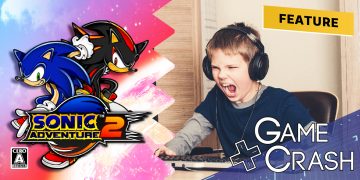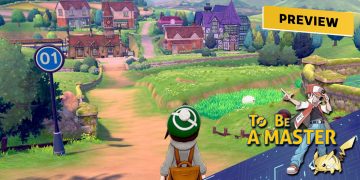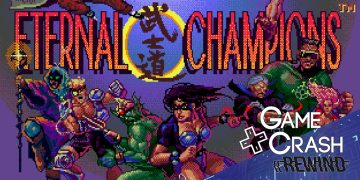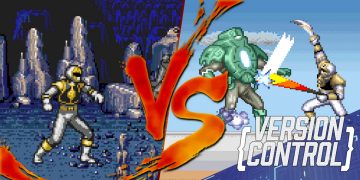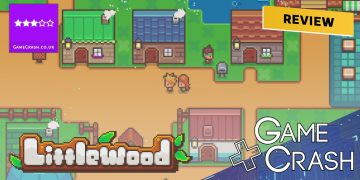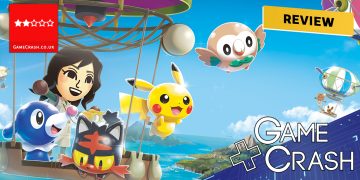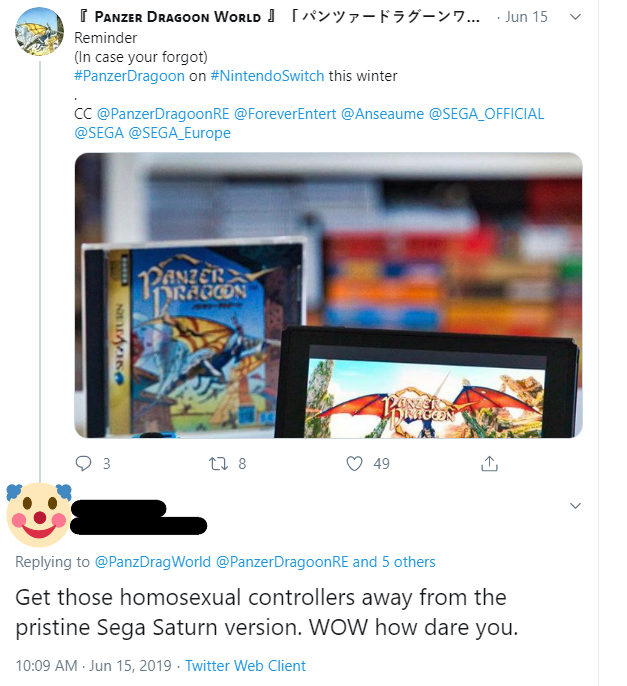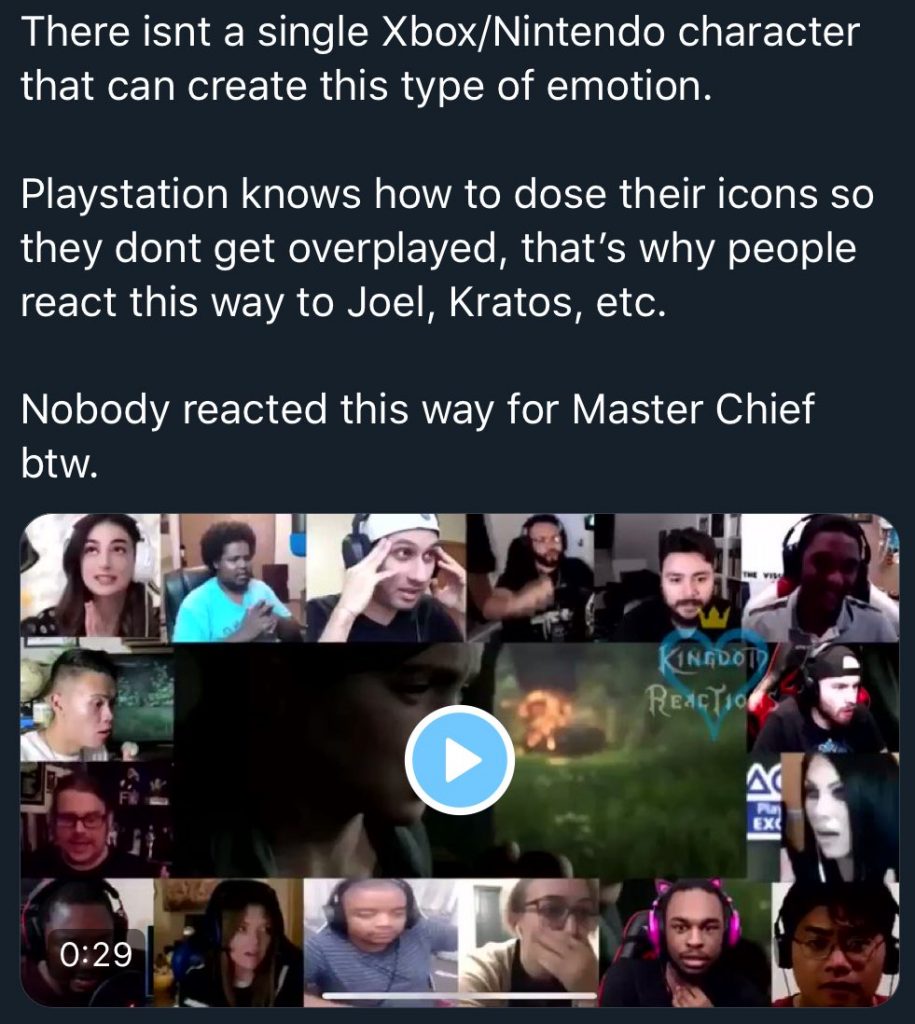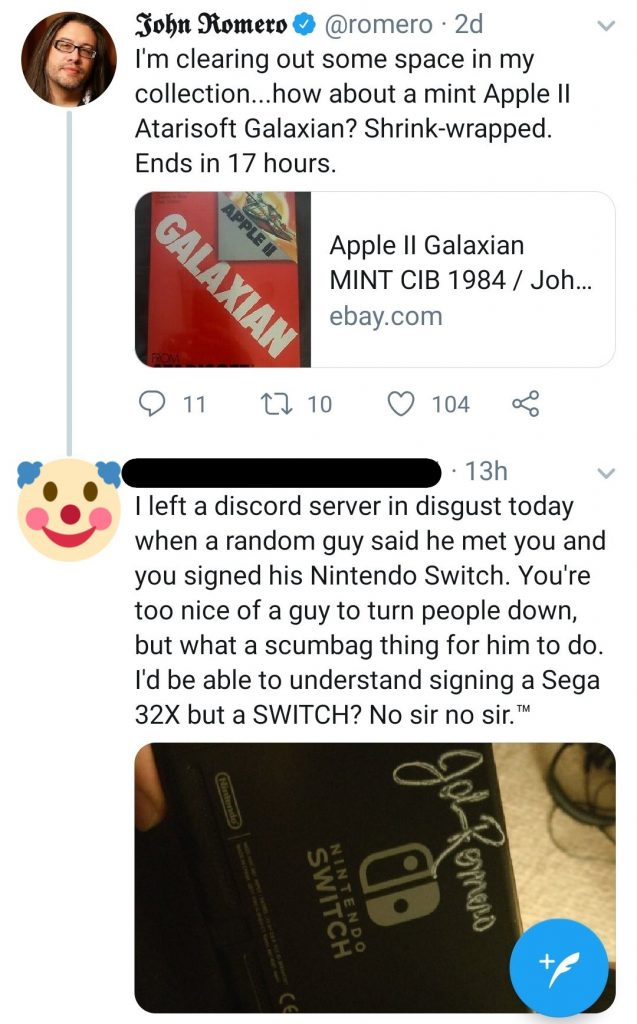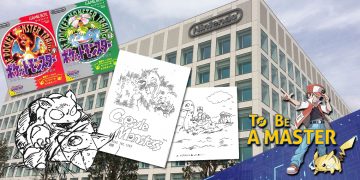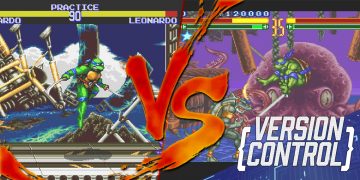As bizarre as it may seem, it’s almost impossible to put into words how much of an impact Sonic the Hedgehog has had on my life. Perhaps the most significant thing Sonic ever did for me was to teach me how to put stupid prejudices aside, grow the hell up and learn to appreciate games as a wide and varied media – rather than just ammunition for pathetic factional sabre-rattling.
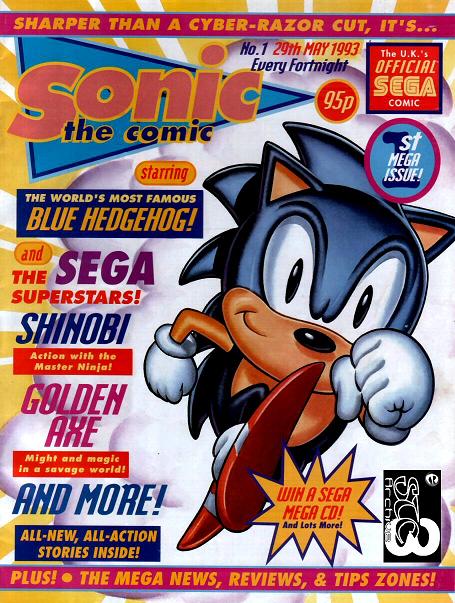
Sonic was my first-ever video game, built-in to my first-ever video game console. When we got a Mega Drive with Sonic 2, my little brother was just the right age to join in and play as Tails, and we played it a lot. For most of the 90s, the rest of my media consumption was weighted heavily by a variety of Sonic cartoons on TV and the UK’s fantastic Sonic the Comic. In the playground, my friends and I would “play” as Sonic, Tails and Knuckles and some form of Sonic or other was what we’d play when visiting each other’s houses the vast majority of the time.
But then, after what felt like a lifetime of Sonic always being there, part of the established canon of my life, one day he was just… not there any more.
By the turn of the new Millennium, the DiC Sonic cartoons had wrapped up forever; our local newsagents had gone out of business and taken my access to Sonic the Comic with them, and moving on to our different secondary schools had taken my friends and myself in different directions.
We didn’t have a lot of money growing up, so the idea of keeping up with Sega’s consoles – particularly with their well-known struggle to make any system after the Mega Drive actually stick – was just not going to happen.
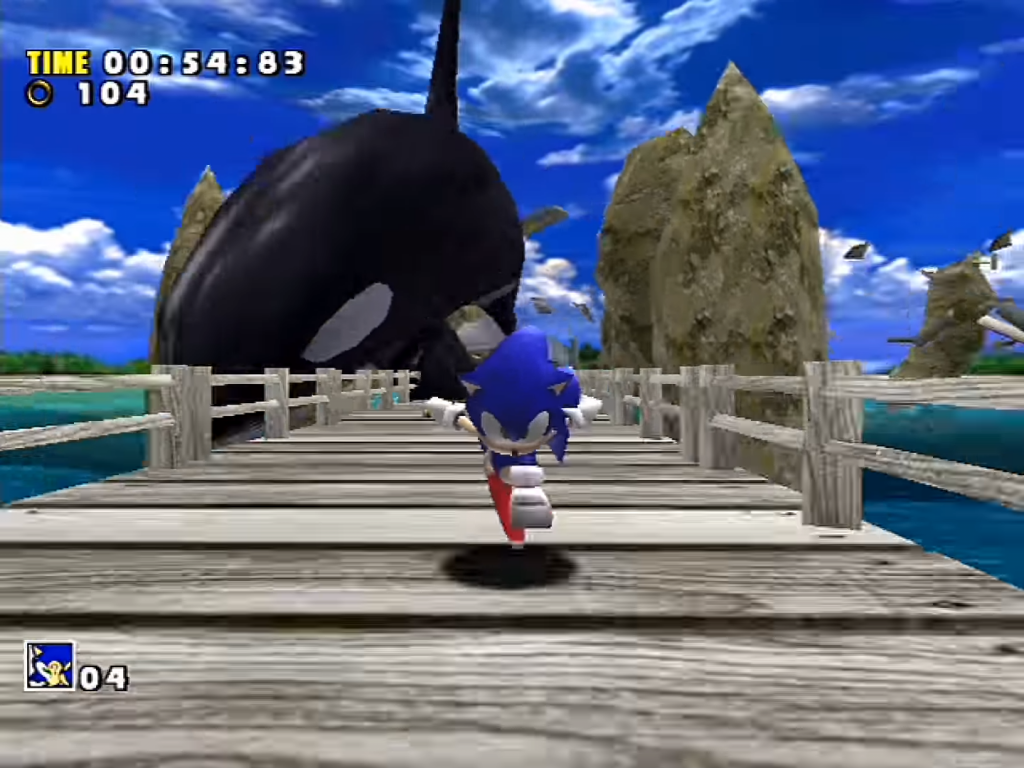
So, when Sonic Adventure launched on the Dreamcast in 1998, I was aware of it but was never in a position to actually play it. What I saw and knew about, however, was so different that I had an almost immediate and visceral reaction to seeing it. I hated it. This Sonic wasn’t my Sonic. Despite the characterisation in the cartoons being slightly at odds with the UK’s Sonic the Comic, it’s that comic – whose characters and stories I had directly invested in fortnightly for years – that was always the “one true canon” to my young mind.
And yet, here came Sonic Adventure with its weird new look, completely different characterisation and the decision to set the game on Earth, when – as we all knew in the 90s – Sonic was actually from a planet called Mobius. Most egregious of all, they’d taken the villain I’d spent my childhood valiantly fighting against, Dr Robotnik, and turned him into a pathetic joke called Dr Eggman. Eggman! I mean, come on!
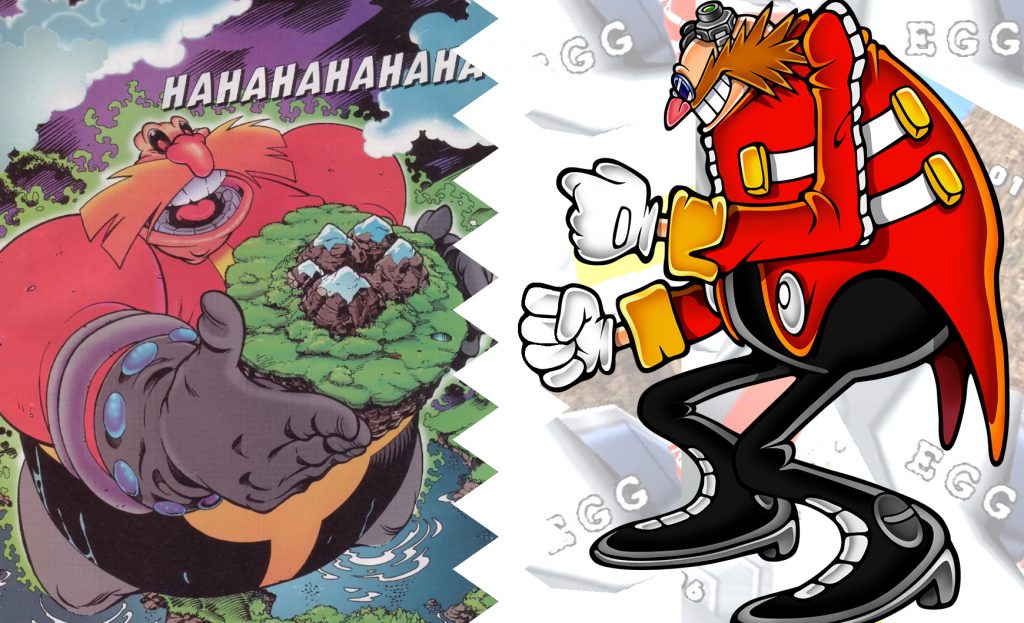
It was different, and that made it bad. Safe in the knowledge that I’d never even have the opportunity to confront my growing prejudice over this weird and abrasive change by actually playing the game, I settled into a “righteous” anger at Sega messing with my Sonic that persisted as general background noise for the next several years.
When my access to the Internet finally came around in that early 2000s period, any exposure to this weird new canon of Sonic – and all of the “made-up” characters from it, like Rouge and Shadow – would provoke that same anger and frustration. To me, Sega was ruining something I loved, something that had been a huge part of my life, but didn’t feel like it could be any more. I had, in my head, my Sonic games, my Sonic comics and my Sonic characters, and these games felt like they were there to invalidate all of that. As if Sega was effectively saying directly to me “no, all that stuff in your head – that’s all wrong. You need to forget all of that. This is Sonic now. Only this”.
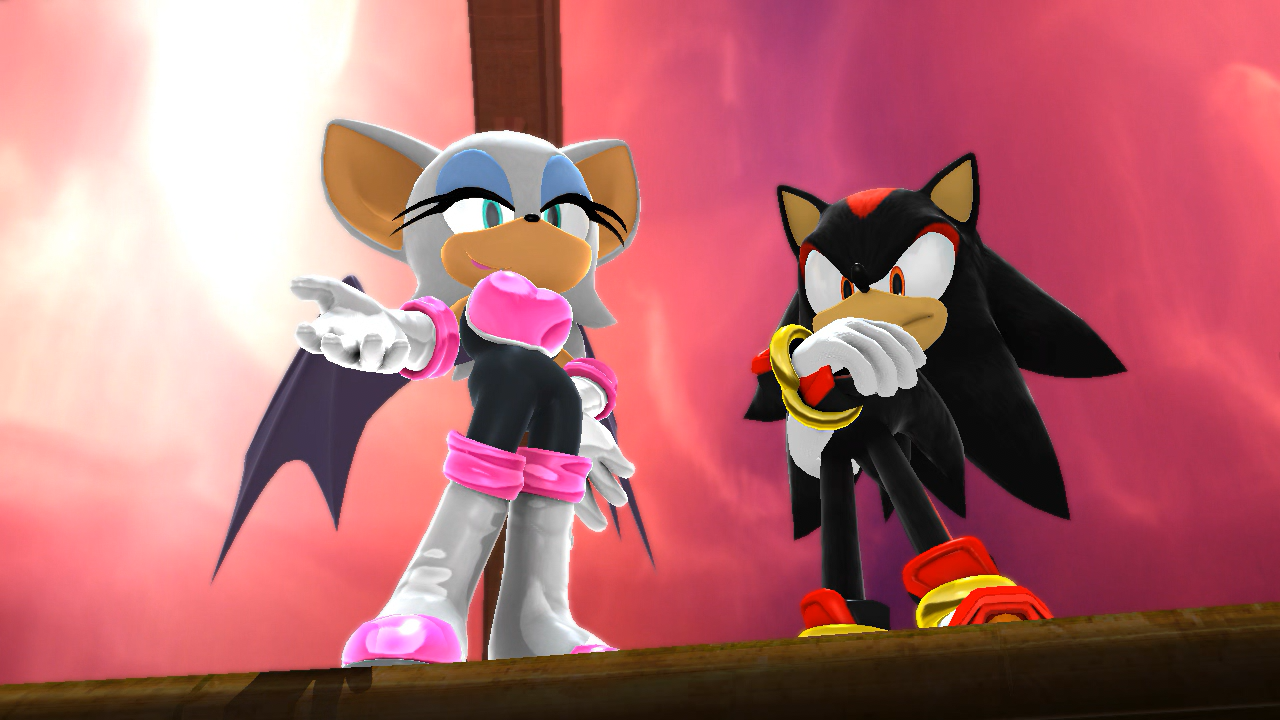
My infrequent simmering and off-hand comments on forum posts makes today’s collective, coordinated toxicity and abuse over social media look like an Outrage Olympics in comparison. But, looking back on it, I can pretty easily identify the similarities between that mindset I’d developed and those you’ll see in droves under the majority of popular gaming tweets today. It was unacceptable and incredibly immature behaviour then as much as it is now, and it might have only ever gotten worse had I continued to let that mindset go unchallenged.
Thankfully, and ironically, I got a chance to change all of that thanks to one unlikely hero in this story: Nintendo. That feeling of what was, sort of, a betrayal from Sega probably came just as much from feeling a lack of reciprocation for what I’d felt was my role in the fabled Console Wars back in the day. For us, at least, if someone in your class had a SNES instead of a Mega Drive, they were a pariah. A weirdo with a weird console and weird games. Who’d want to play as a fat plumber man when you could be Sonic the Goddamned Hedgehog after all?
And yet, with Sega’s console business crumbled to dust in the wake of successive failures, it was the GameCube and the PlayStation left standing and time for gaming loyalties to be redistributed. I got a GameCube for Christmas in 2002, and that was that. Over a decade since getting my Master System, we were finally a Nintendo-console-owning home.

The ability to explore a world of Nintendo games and franchises previously locked away from me by a combination of childish faction loyalties and the money-defined realities of affording the systems was a significant change alone. It was already enough to give my head a wobble and wake me up a bit to what gaming really was, beyond my own narrow experiences.
But it was heading to Electronics Boutique to spend my birthday money a few months later that really changed everything. I’d explicitly gone looking for games for my still-new console and sitting there, prominently – just a few weeks after its release here – in the GameCube section was Sonic Adventure 2 Battle, the updated version of the Dreamcast sequel.
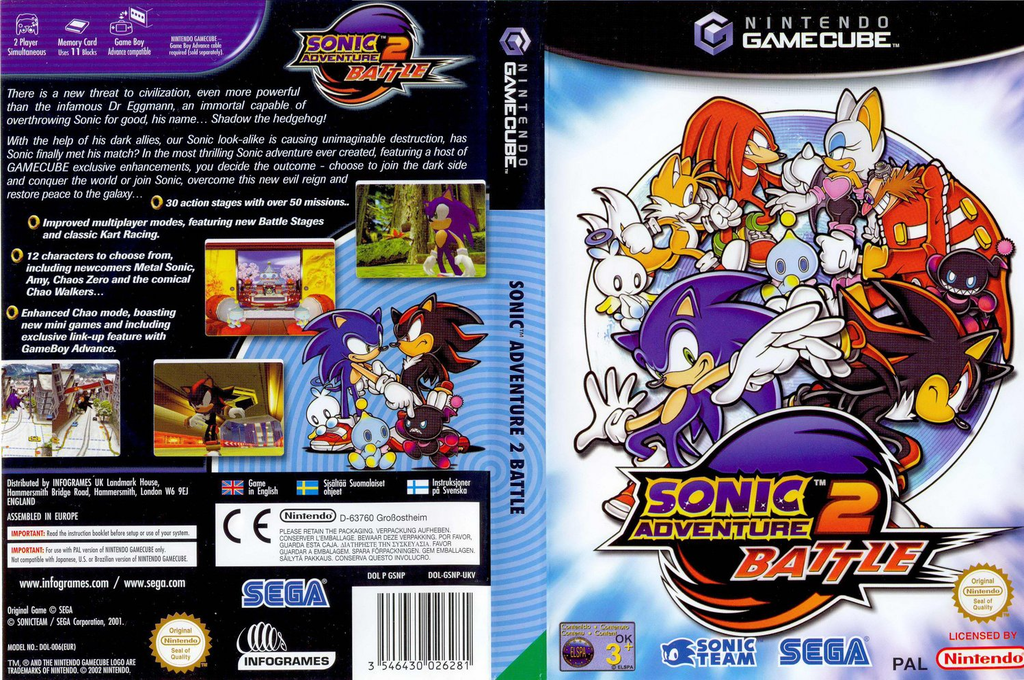
Just looking at the box, everything still just seemed wrong. The character designs were weird; the cities featured in the screenshots on the back were symbolic of the game’s disregard for what I knew Sonic’s story to actually be and the Chao. Oh, the Chao. What a silly and weird idea that was, I’d thought. These bizarre baby creatures that had never been part of the comics or games before and just appeared out of nowhere to seem so misplaced.
It probably should have been enough to simply confirm my bias and then stride out of the shop with some other game in hand, happy I’d made the objectively correct choice. But, whether it was because I’d already opened my mind so much through experiencing the GameCube itself, or simply because at this point it had been years since I could even experience a ‘new’ Sonic game, it was Sonic Adventure 2 I left the shop with that day after all.
The reason I can remember almost every detail of that day with quite sharp clarity is that I am and will always be eternally thankful that I did choose to give the game a go after all. I loved Sonic Adventure 2 Battle. Almost every detail I’d worked myself up about for years turned out to, actually, be fantastic. I loved Shadow and Rouge, I loved the story – even the bits with it being on Earth, I loved the gameplay, and oh my God did I love the Chao.

After a few years in the wilderness, of feeling estranged from the character and series that loomed so large over my childhood, Sonic was back in my life again. And he’s comfortably stayed there ever since. I’ve made fantastic and forever friends through rekindling my love affair with the series and been there for every single game, animated series, and now even a Hollywood movie, ever since.

I also had the fortune to be able to welcome Sonic The Comic back into my life, not even once, but twice. The fan-led (and openly supported by the original creative team) continuation, Sonic the Comic Online defined much of the rest of my teenage years as I was an incredibly active member of the community surrounding it.
More recently I’ve even been able to enjoy the original comics anew thanks to Dave Bulmer and Chris McFeely’s brilliant fortnightly retrospective podcast.
Meanwhile, getting into the Sonic fan game community – the same one that ultimately led to 2017’s Sonic Mania – helped to set my own path as a developer, leading to a near-decade-long and reasonably successful career so far.
But most of all, how much I loved Sonic Adventure 2, and how much of an idiot I felt for being so strongly against it for years, taught me an invaluable lesson about examining my prejudices, both in gaming and beyond.
There are types of games and series I’ll absolutely never get on with in general terms, but thanks to Sonic I’ll never again rule them out on that alone. Without that openness, and a willingness to embrace and enjoy gaming without demanding tidy pigeon-holes to fit everything within, I’d have missed out on so many other experiences and GameCrash, definitely, could not exist in any form.
On a deeper level, there’s a reasonable chance that it helped to shift my worldview in general from the similarly toxic casual homophobia, transphobia, sectarianism and racism that I grew up around into the more liberal and open views I hold today.
I want to think that perhaps my values would run a little deeper regardless, but who knows what direction my dangerously wrong mindset about just a video game series could have led me in had it been left unchecked for the rest of my teenage years? Who knows how many times that specific scenario – a sort of toxic snowball effect – has played out across other young men for various similar reasons to lead to the kind of behaviour we see far too often online today?
If you were to draw up a list of life-changing, life-defining moments, Sonic somehow finds himself in the middle of several of mine. Not least of all, though, that impulsive decision to look past anger, to look past a judgement long-since made, to look past something being uncomfortably different and take a shot on Sonic Adventure 2 Battle for the Nintendo GameCube.
A very sincere thank you to Sega making a game that threw everything I knew and loved, for some of the most formative years of my life, out the window. You immeasurably improved my life.
…Eventually.






